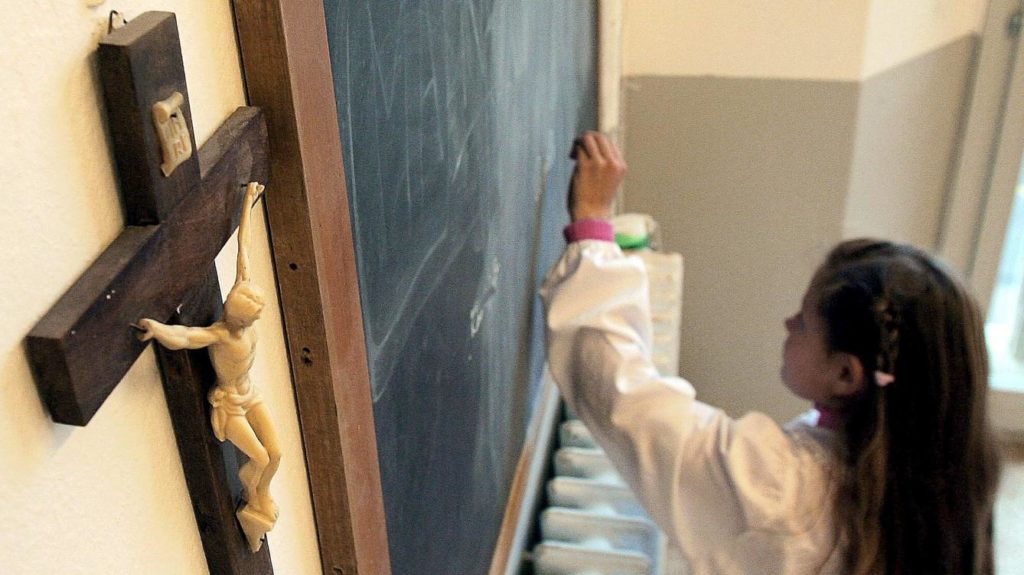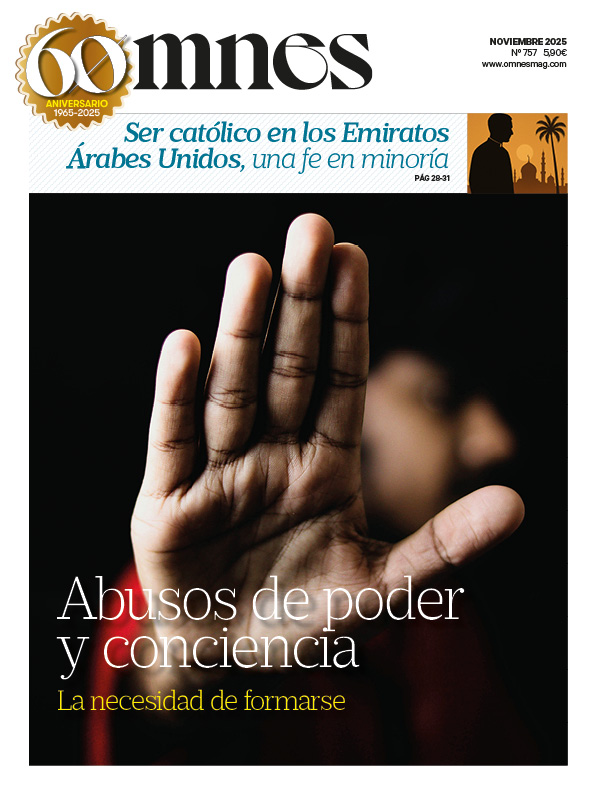Education, in a broad sense, is the way to achieve the fullness of each person's values and aptitudes, and even the personal satisfaction that comes from self-fulfillment throughout life. Furthermore, it has a dimension of solidarity in that it allows us to contribute to the improvement of society and, therefore, to help others. Education is essential in people's lives, even more so if we take into account that those who renounce it are self-limiting.
The right to education is a basic right, included in almost all treaties, declarations and constitutions of the last centuries, especially since World War II; and in Spain it is included in Article 27 of the Constitution.
It is true that in many countries such essential principles as full schooling have not yet been achieved - more than 124 million children of basic education age were not attending school according to NGO data. Entreculturaspresented in 2015-, but it is also true that it is being fought for and that much progress has been made in recent years.
This right to education is held by the child, but its exercise falls on the parents, who are their representatives and the first educators. They are responsible for their education and it is in the family where the children receive their first learning and where they will later go as a reference.
Parents have the right and the obligation to educate their children in goodness, truth and freedom, providing them with an education in accordance with their own criteria. That is why the formation of parents is so important.
Children should be educated according to the principles and convictions of their parents, who will be their moral reference all their lives, and not according to the self-interested principles that a state or political party wants to impose.
On the other hand, parents are not able to instruct their children in all branches of instrumental and pedagogical knowledge, so society has had to look for schools to fill this role.
But we cannot forget that the school educates by delegation of the parents and, therefore, its function is secondary and complementary to that of the family. For this reason, families turn to third parties: schools or educational centers.
This social necessity of schools should not mean that parents should disregard the education of their children, placing the educational responsibilities on the school, but rather that both should collaborate and share their work and dedication to achieve the best possible education for the student, so that he/she can develop his/her potential to the maximum.
This is one of the tasks that CONCAPA promotes and supports in its defense of education and the family within freedom, because there can be no quality education or formation of the person without freedom.
Freedom of education - to educate our children according to our religious, moral or pedagogical convictions - is a recognized right in most countries, although it is often not effectively fulfilled due to the totalitarian temptation of some governments that seek to impose their ideologies over those of the family.
From CONCAPA we continue to defend quality education in freedom, where parents are respected as the main responsible educators of their children, free of ideological interference from outside the family. In this way, society as a whole will benefit, since responsible, respectful and free citizens will be formed.
The family is the reference point for children, adults and the elderly. A necessary referent that -when it does not exist- causes conflicts in the person.
It is true that today's family functions differently than it did thirty years ago, but this is due to social dynamics, which does not mean that there should not be some common keys that constitute the fundamental gear of the family institution, among others, that of introducing children to the most valuable areas of life: transcendence, love, solidarity, respect....
With regard to education, we must begin by talking about the family school and then move on to other aspects such as: Who teaches parents how to educate their children? Who collaborates with parents in the education of their children? What right do parents have to choose what they want for their children?
It is clear that parents have every right in the world to choose what is best for their children, although they are not always allowed to choose, but it is also true that no one teaches parents in their work of parenting, but rather they learn through experience, common sense, reading or, in the best of cases, by attending a course.
For this reason, it is important to collaborate with another entity, the school, which is the one to whom you entrust your children and from whom you expect help, so a fluid relationship in this field is fundamental.
Parents, children, teachers... this is the way to achieve a suitable climate that allows progress in the education of children, because the interests of each are diverse but converge for the good of the child.
In addition, parents and teachers know a different side of that child that they can communicate with each other to enrich their mutual perception, without interfering with each other.
National President of CONCAPA








